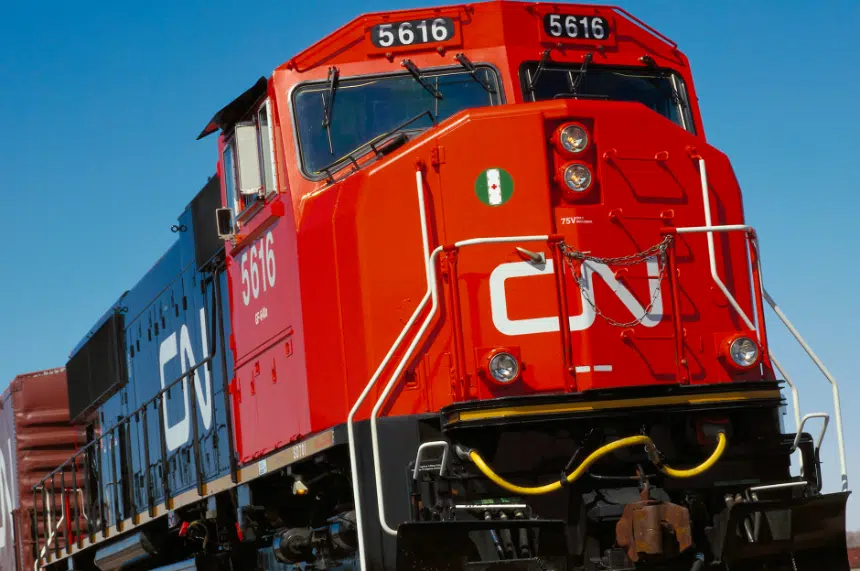Canadian National Railway Co. (CN) has said it may have to close some of its rail lines if blockades taking place at them continue much longer.
Protestors have set up blockades in British Columbia and Ontario to show their support for those opposed to the Coastal GasLink pipeline project that crosses the Wet’suwet’en First Nation in northwestern B.C.
The rail blockades are a big concern for prairie farmers, who have already been hit with delays in getting grain to market thanks to poor weather during the growing season, a late harvest due to wet weather and snow and an eight-day rail strike in the fall.
Ian Boxall is the vice president of the Agricultural Producers Association of Saskatchewan. He said the blockades are affecting almost every commodity shipment in the country, including those of Saskatchewan farmers.
Boxall said the backlog is already getting close to record numbers.
“As of Tuesday there were 42 vessels sitting in Vancouver port waiting to be loaded and eight at Rupert sitting to be loaded. This is approaching record highs as we saw with the backlog of 2013/2014.”
Boxall said some terminals he has spoken to are either full or close to full and if CN has to shut down lines, it will bring farmers deliveries to a halt.
Boxall also said that while producers understand that people have the right to protest, it’s important for everyone to also understand the economic impact of it.
He adds, with the issues the country has had when it comes to transporting products, it could come at a cost as other countries may question the reliability of the system here.
“If we continue to have transport issues — whether it be backlogs, strikes, protests — what is the incentive for these other countries to buy product from us if they’re unsure of our shipping system?” said Boxall.











